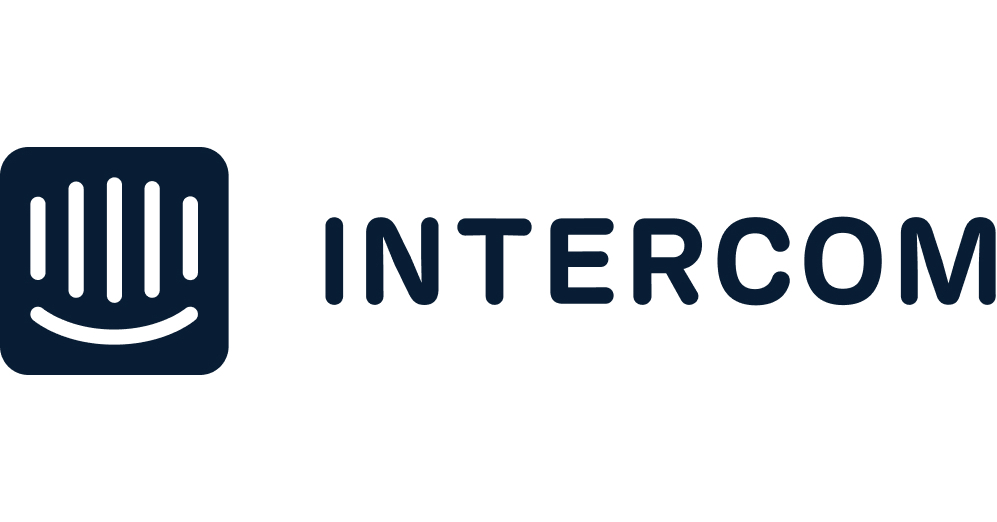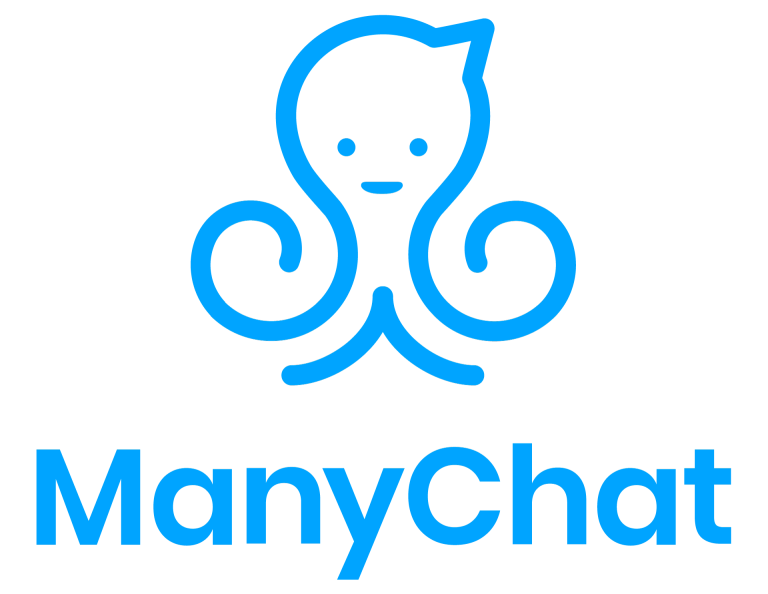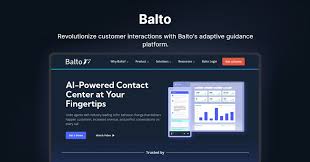Intercom Key Features:
- AI-Powered Chatbots: Intercom’s chatbots use AI to respond to customer inquiries automatically, handling common requests and escalating complex issues to human agents when needed.
- Example: A chatbot can handle password reset requests or FAQs about pricing, freeing up agents to handle more complex tickets.
- Automated Lead Qualification: Intercom’s AI can identify and qualify potential leads based on user behavior and interactions, automating the sales process.
- Example: AI detects when a new visitor is exploring pricing pages and proactively offers assistance, capturing lead details for the sales team.
- Proactive Messaging: Intercom allows businesses to send proactive messages to customers based on their behavior, ensuring timely engagement.
- Example: When a user spends a lot of time on a product page, Intercom’s AI triggers a message offering help or additional product details.
- Inbox Prioritization: Intercom uses AI to prioritize inquiries based on urgency, importance, or customer type, ensuring that high-priority messages are addressed promptly.
- Example: VIP customers or customers with billing issues are moved to the top of the queue for quicker response times.
- Conversational Insights: The platform provides insights into conversation trends, helping businesses identify common customer pain points and improve their support strategies.
- Example: Analyzing frequent customer questions can highlight gaps in product documentation or areas for improvement in the customer journey.
Our Opinion On Intercom
Intercom is an excellent tool for businesses that rely on real-time customer interactions, particularly in industries like SaaS and eCommerce. Its AI chatbots and proactive messaging features help businesses engage with customers more efficiently, while its ease of use makes it accessible even for smaller teams. However, larger enterprises looking for more advanced AI-driven insights and customization may find other platforms more suitable.















